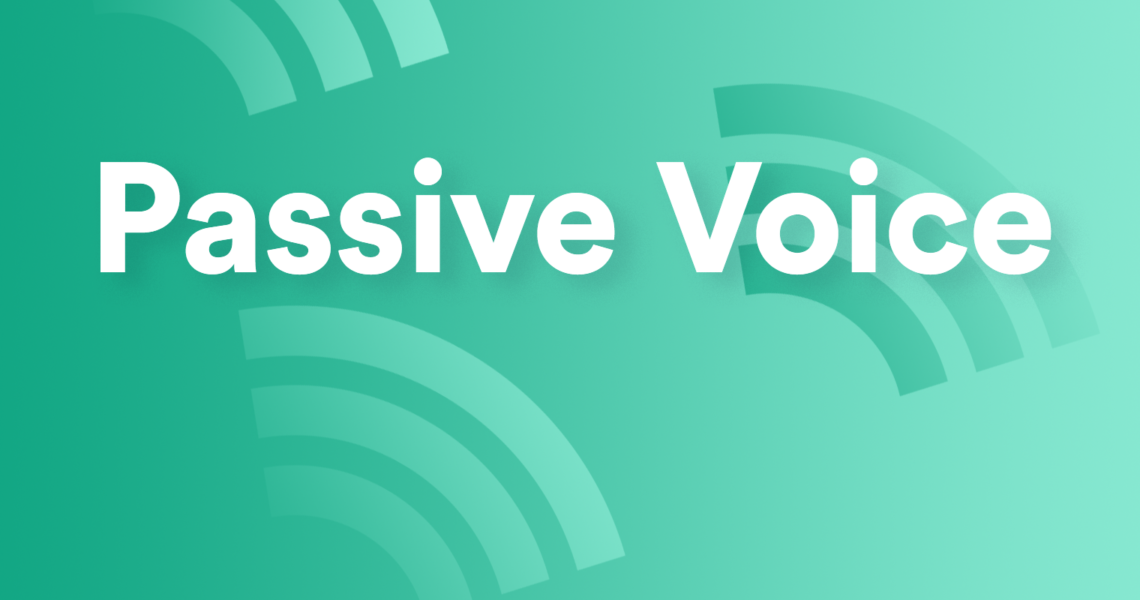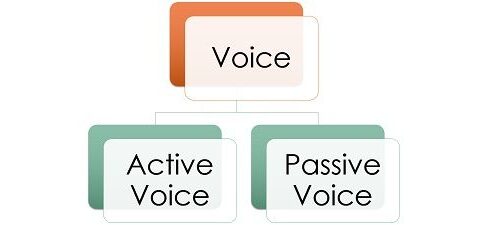In our previous article, ‘What is the Difference between Active and Passive Voice?’, we explained the difference between active and passive voice in academic writing. We also gave examples of passive voice that result in vague or unreferenced generalisations.
In this article, we will explain how to reconstruct sentences to switch from passive voice to active voice. We will also give some examples of passive voice used correctly.
How Do I Convert Sentences from Passive to Active Voice?
Remember, the active voice focuses on the actor and their action. Passive voice focuses on the action and sometimes obscures the actor.
To convert passive voice to active voice, reorder the sentence to focus on the actor. If the actor is not clear in the sentence, consider introducing a broad term such as ‘experts in the field’, or ‘researchers’.
Also consider starting a sentence with a reference or author’s name rather than burying these in a sentence. This can sound more authoritative and is important to ensure your sources are acknowledged clearly.
Here is a passage written in passive voice:
The strategies most effective were demonstrated to be one-to-one teaching strategies, positive teacher–student relationship and differentiation. These strategies were found to be effective in remediating underachievement in gifted students. In the study conducted by the researchers, the findings were demonstrated across two case studies. This was reinforced by other studies such as Whitmore’s.
Here is the same passage rewritten in active voice and attributing an actor to the actions:
Researchers identified that the most effective strategies were one-to-one teaching strategies, positive teacher–student relationship and differentiation. We have found that these strategies were effective in remediating underachievement in gifted students. The researchers’ findings were consistent across two case studies. Whitmore’s (1980) study corroborated the researchers’ findings.
When is Passive Voice Useful?
There are times when passive voice is not only useful but necessary in writing.
To focus on the action, rather than the actor
As we know, passive voice permits focus on the action rather than the actor. For example, in the sentence ‘The bill was passed by Parliament despite its contentious nature’ the passive voice has been used. As a result, the sentence focuses on the action of ‘the bill being passed’ rather than the actor or subject¾in this case, Parliament.
To prevent an action being attributed to an actor
Further, passive voice is often used to prevent an action being attributed to an actor or to obscure the identity of the actor. An example of this is, ‘The project was endorsed in January.’ The focus of this sentence is now that the project was endorsed, but we’re not sure who endorsed it.
To evoke curiosity
In addition to obscuring the identity of an actor, passive voice can evoke curiosity. In media reporting, you might hear the sentence ‘Shots were fired’. In this case, the passive voice adds intrigue: who fired the shots? Consequently, you are compelled to keep reading the article to determine the actor.
Further, passive voice in the example above permits an element of tactfulness in writing: the actor is not named or blamed. The event can be reported, even if the actor is unknown.
To avoid sounding repetitive
Passive voice can be used to avoid sounding repetitive. Consider again the earlier example; you can imagine how repetitive it would sound if every sentence began with ‘The researchers found …’!
To create an objective tone
We already know that passive voice puts more emphasis on what was done (the action) rather than the actor. Scientific writing often uses passive voice expressions¾‘was performed’, ‘were observed’, ‘was achieved’¾to remove the actor from the action and consequently create a more objective tone. In this way, passive voice allows the writer to create distance between themselves and what they are writing about.
We hope we’ve helped you become more aware of your own usage of active and passive voice. They both have their place in academic writing; just make sure you are using them with purpose, mindful of the effect they create.





